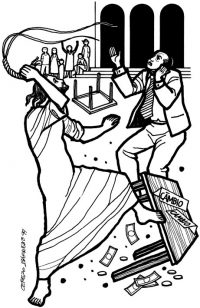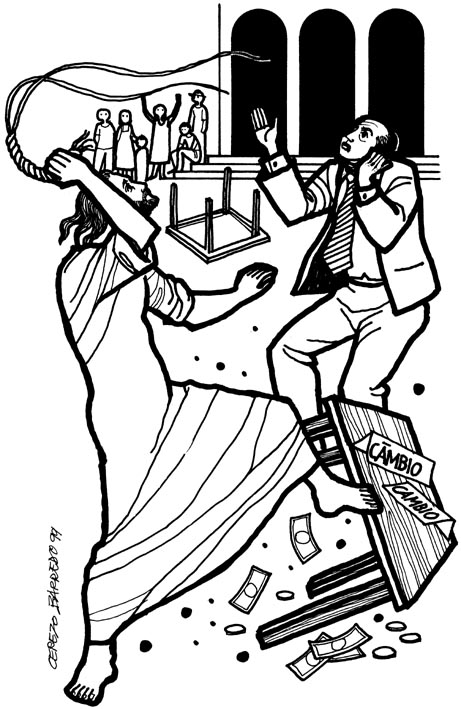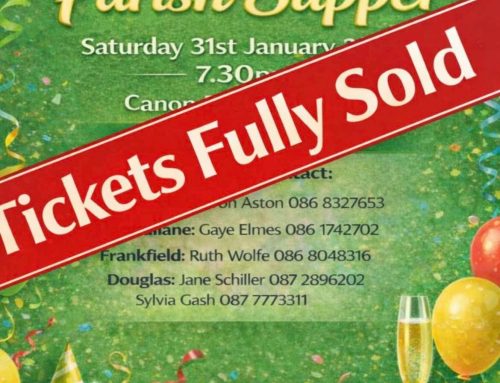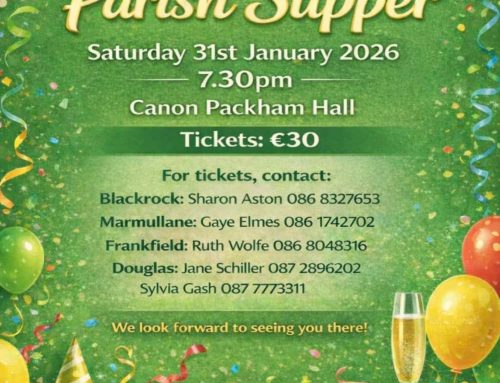
Dear parishioners and friends,
This week last year was probably the last week of relative normality for all of us. On the first Sunday in March 2020 our confirmation group hosted the Lent Lunch in the Canon Packham Hall, serving up soup and rolls to raise money for charity. It was an enjoyable event. However there were ominous signs that things were about to change.
Through all the ups and downs over the past year, one aspect of life remained impervious to change. That was nature. As humanity battled with a pandemic, creation continued on as normal and indeed in many cases thrived, having been given a respite from human pollution and interference.
As I write these words, my study window is open. I hear the birds singing. During the week the sound of lawnmowers was audible and we anticipate getting time to do some gardening again this weekend. Another sound I enjoyed hearing during the week was the voices of children playing in the school yard of St Luke’s National School at break time. It was a sign that we were making small but positive steps in the right direction.
A book I have been reading recently is ‘English Pastoral’ by James Rebanks. He is a farmer based in the Lake District in the UK. His farm has been in his family for generations. In the book he talks about how agricultural practices changed since the time he was a small boy walking the land with his grandfather. These changes have had a profound impact on the landscape. Hedgerows were removed, farm workers vanished as they were no longer needed when heavy machinery took over, and the flocks of birds no longer flew behind the plough in spring as the land was denuded of worms and other food due to intensification. He felt that the age-old rhythms of work, weather, community and wild things were being lost. Rebanks, in this book, is not opposed to progress and he admits that nostalgia for the old ways can blind us to their shortcomings and will not pay the bills. However, in recent years he has adopted a less intensive approach to farming. He has reinstated hedges, planted trees, allowed rivers to flood some of his low lying fields and nature has returned in abundance. The quality of what his farm produces has not been compromised. Indeed it has been raised. There are compromises in all this. He avails of grants and admits that his success as an author has provided an additional source of income which can replace any losses made in less intensive farming. In the end, he concludes that we must recognise that we are all stewards of creation. It is important that we recognise what we have, before we lose it. We must try to pass it on to our children and grandchildren in as good or better condition than we have received it.
Please find the attached order of service for tomorrow as well as this week’s instalment of ‘Biblical Byways’. We will finish the epistle of James this week before moving on to look at a number of less well known women that feature discretely in scripture – very appropriate for the week after Mothering Sunday.
The link to tomorrow’s service is here:
I hope you have a good week and get some time to enjoy the sounds around you, whatever you are doing.
Every blessing,
Adrian
—
Archdeacon of Cork, Cloyne and Ross.
The Rectory,
Carrigaline Road,
Carrigaline Road,
Douglas,
Cork.
Cork.
T12 A2RC






